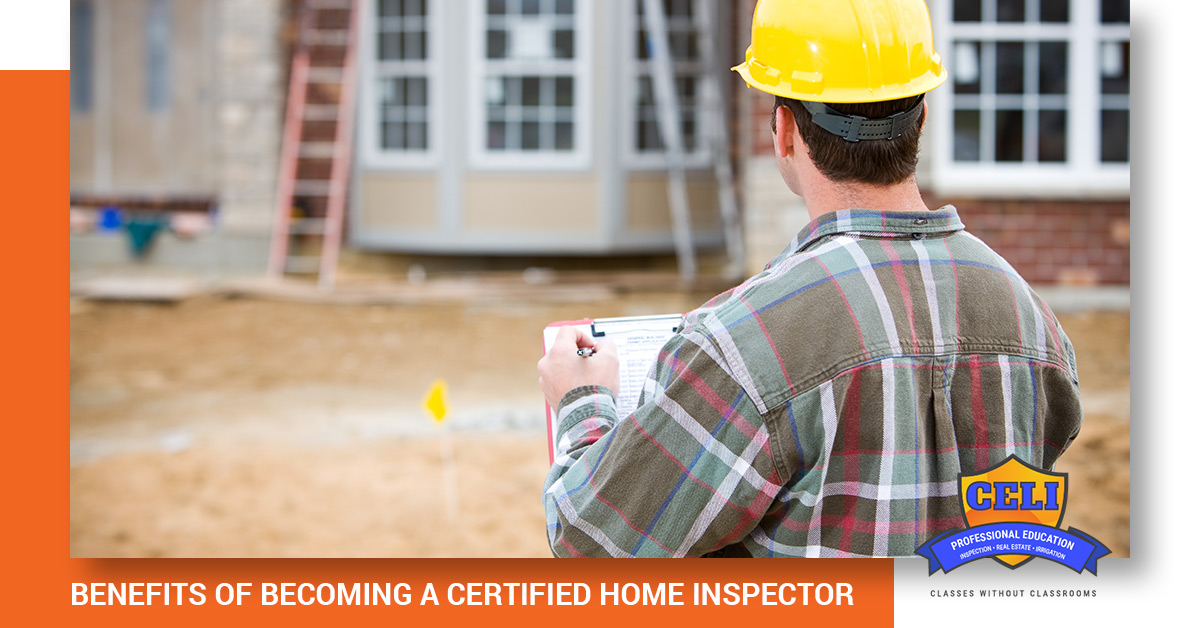
Before you buy a REIT, you should know more about the company. Find out more about the company and how it compares against other competitors. This will help you determine if the company will pay out good dividends. Be aware of the risks involved in buying REITs.
Tip to purchase REITs
You should consider the quality of REITs and the earnings before investing. The earnings of the company are made up of funds earned from the operation of its properties, as well as any cash available for dividends. It is also important to consider the fees associated for the investment. Another important factor to consider is the REIT's diversification. Some REITs may be heavily invested in a specific type of property. This can increase your risk of losing money. Diversifying your portfolio and investing in more than one REIT can help reduce risk.
One of the best ways to invest in REITs is to set up a brokerage account. It takes only a few minutes to set up a brokerage account that allows you buy and sell publicly traded REITs. Many of these investments pay high dividends. You can also choose to keep your REIT funds in a tax-favored account. This means that you won't have to pay taxes on any distributions you receive.
Dividends are subjected tax
When purchasing REITs, investors should be aware of the taxes on dividends. REIT dividends can include capital gains. This occurs when the REIT sells an asset. The amount due will depend on whether an investor qualifies under special tax concessions. If the investor is not eligible for special tax concessions the dividend will be subject to the marginal tax rate.

Investors can avoid tax by buying REITs which do not require close ownership. In addition, they need to be careful to avoid REITs that do not have a five-year dividend history. A REIT cannot be held by more that 50% of individuals. The Tax Cuts and Jobs Act has a 20% deduction available for pass-through income.
Liquidity
REITs should take liquidity into account. It can help them resist unexpected changes to the asset's value. REITs have the ability to increase their value by giving a portion of their earnings back to investors. During the recent downturn, REITs have taken advantage of lower interest rates to increase their cash balances and improve their liquidity. REITs cannot be considered safe investments as volatility is part and parcel of the business.
REITs are also liquidity because shares can easily be bought or sold on the stockmarket. Investors have the option to access liquidity and make adjustments to their investment strategies or cash flow. Investors may also find REITs appealing because real estate is an uncorrelated asset class.
Risks of investing in REITs
While REITs can provide steady income in the form dividends, investors must remember that REITs do not offer risk-free investment options. Reit investments can drop in value because they are traded as stocks. While they can be considered safe investments, REIT stocks must be able to compete with high-yield options that could lead to a decline in REIT stock price.
Another important risk is interest rate risk. Rising interest rates can lead to higher borrowing costs for REITs which could impact their cash flow. These risks can be mitigated due to the solid balance sheets of REITs. Managers of these companies will try to maintain a healthy degree of leverage. Investors need to pay attention to this.

When to buy
Before you decide to invest your money in REITs, consider your financial situation. It is also important to understand how REITs affect your tax situation. Investors who seek to maximize their tax savings may not choose REITs because they are a great choice since they generate large amounts of their value from dividend income.
Uncertainty around the expiration date for master leases is a big problem for REITs. Investors are often driven to sell due to this uncertainty. Their fundamentals have been affected as a consequence. Despite this uncertainty, most investors neglect to consider the fact that short term issues have minimal impact on long-term prospects.
FAQ
What can I do to fix my roof?
Roofs can burst due to weather, age, wear and neglect. Roofing contractors can help with minor repairs and replacements. Contact us for more information.
How can I get rid of termites & other pests?
Your home will be destroyed by termites and other pests over time. They can cause serious damage and destruction to wood structures, like furniture or decks. To prevent this from happening, make sure to hire a professional pest control company to inspect your home regularly.
Which is better, to rent or buy?
Renting is usually cheaper than buying a house. However, you should understand that rent is more affordable than buying a house. A home purchase has many advantages. For instance, you will have more control over your living situation.
Can I buy my house without a down payment
Yes! Yes! There are many programs that make it possible for people with low incomes to buy a house. These programs include government-backed loans (FHA), VA loans, USDA loans, and conventional mortgages. More information is available on our website.
What should I look out for in a mortgage broker
People who aren't eligible for traditional mortgages can be helped by a mortgage broker. They compare deals from different lenders in order to find the best deal for their clients. There are some brokers that charge a fee to provide this service. Others offer no cost services.
Is it possible for a house to be sold quickly?
It may be possible to quickly sell your house if you are moving out of your current home in the next few months. Before you sell your house, however, there are a few things that you should remember. First, find a buyer for your house and then negotiate a contract. You must prepare your home for sale. Third, it is important to market your property. Finally, you should accept any offers made to your property.
Statistics
- When it came to buying a home in 2015, experts predicted that mortgage rates would surpass five percent, yet interest rates remained below four percent. (fortunebuilders.com)
- 10 years ago, homeownership was nearly 70%. (fortunebuilders.com)
- Private mortgage insurance may be required for conventional loans when the borrower puts less than 20% down.4 FHA loans are mortgage loans issued by private lenders and backed by the federal government. (investopedia.com)
- This means that all of your housing-related expenses each month do not exceed 43% of your monthly income. (fortunebuilders.com)
- Some experts hypothesize that rates will hit five percent by the second half of 2018, but there has been no official confirmation one way or the other. (fortunebuilders.com)
External Links
How To
How to find an apartment?
The first step in moving to a new location is to find an apartment. This requires planning and research. This involves researching neighborhoods, looking at reviews and calling people. There are many ways to do this, but some are easier than others. Before renting an apartment, it is important to consider the following.
-
You can gather data offline as well as online to research your neighborhood. Online resources include Yelp. Zillow. Trulia. Realtor.com. Local newspapers, landlords or friends of neighbors are some other offline sources.
-
You can read reviews about the neighborhood you'd like to live. Yelp, TripAdvisor and Amazon provide detailed reviews of houses and apartments. You can also find local newspapers and visit your local library.
-
For more information, make phone calls and speak with people who have lived in the area. Ask them what they loved and disliked about the area. Ask for their recommendations for places to live.
-
Be aware of the rent rates in the areas where you are most interested. Consider renting somewhere that is less expensive if food is your main concern. However, if you intend to spend a lot of money on entertainment then it might be worth considering living in a more costly location.
-
Find out information about the apartment block you would like to move into. It's size, for example. What price is it? Is it pet-friendly What amenities does it offer? Can you park near it or do you need to have parking? Do you have any special rules applicable to tenants?